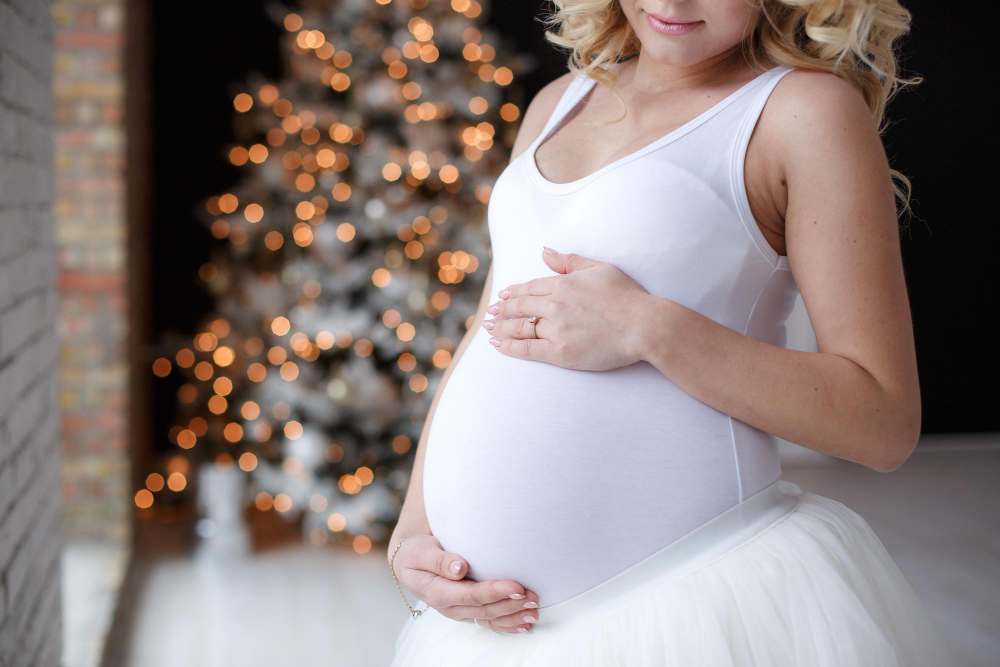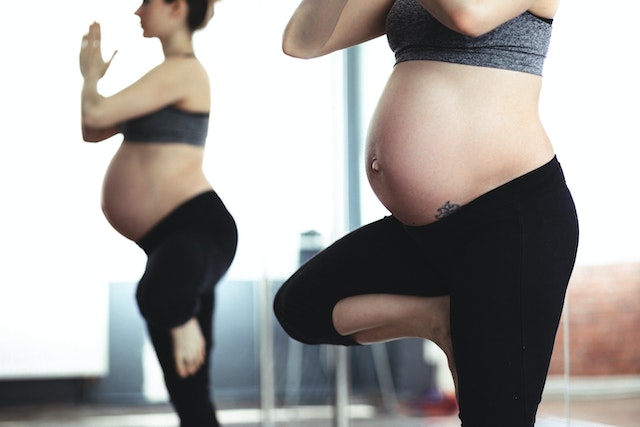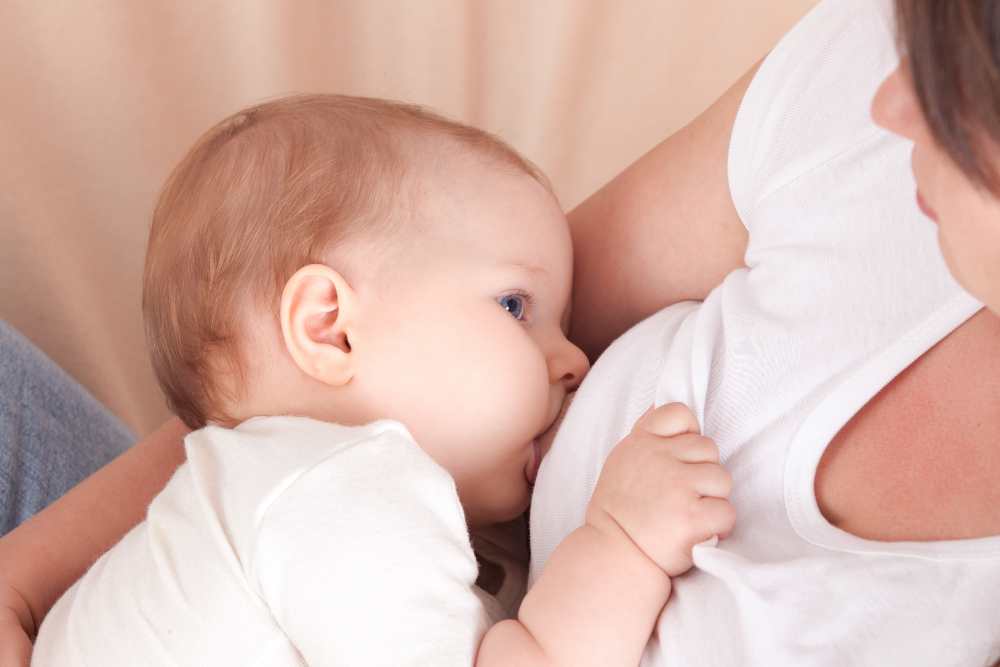
Understanding and Overcoming Postpartum Depression During Pregnancy
Introduction
Pregnancy is a trappy and transformative period in a woman’s life, filled with excitement
and anticipation.
However, for some women, this joyous journey may be marred by the presence of
postpartum peepers (PPD), which can occur both during and without pregnancy.
In this article, we will delve into the topic of postpartum peepers during pregnancy,
explore its causes, symptoms, and treatment options, and provide valuable insights on
how to cope with this challenging condition.
What is Postpartum Peepers during Pregnancy?
Postpartum depression, wontedly known as PPD, is a mood disorder that affects women
during or without pregnancy.
While it is often associated with the period without childbirth, PPD can moreover occur during
pregnancy.
It is unscientific that virtually 10-20% of women wits peepers during pregnancy,
making it a significant snooping for maternal health.
Causes of Postpartum Peepers during Pregnancy
The word-for-word causes of postpartum peepers during pregnancy are not fully understood,
but a combination of physical, emotional, and hormonal factors contribute to its development.
Some of the worldwide causes
Include:
Hormonal fluctuations:
Pregnancy triggers significant hormonal changes, including
fluctuations in estrogen and progesterone levels, which can impact mood regulation.
History of peepers or anxiety:
Women with a personal or family history of peepers or uneasiness disorders are at a higher
risk of experiencing PPD during pregnancy.
Stress and emotional factors:
Pregnancy itself can be accompanied by emotional stress, such as financial concerns,
relationship issues, or fears well-nigh motherhood.
These stressors can increase the likelihood of developing PPD.
Symptoms of Postpartum Depression during Pregnancy
Recognizing the symptoms of postpartum peepers during pregnancy is crucial for early
intervention and support.
Some worldwide symptoms include:
Persistent feelings of sadness, emptiness, or hopelessness.
Intense mood swings and irritability.
Fatigue and a lack of energy.
Changes in want and sleep patterns.
Difficulty concentrating or making decisions.
Withdrawal from social activities and a loss of interest in previously enjoyed activities.
Anxiety or excessive worry well-nigh the pregnancy or the baby’s well-being.
Treatment and Coping Strategies
If you suspect you are experiencing postpartum peepers during pregnancy, it is important
to seek help from healthcare professionals.
Here are some treatment options and coping strategies to consider:
Counseling and therapy:
Individual or group therapy sessions with a qualified therapist can provide a unscratched space
to discuss emotions and develop coping mechanisms.
Medication:
In some cases, healthcare providers may prescribe antidepressant medications to help
manage severe symptoms of PPD during pregnancy.
It is essential to consult a healthcare professional surpassing taking any medications during
pregnancy.
Self-care and support:
Engage in self-care activities such as regular exercise, maintaining a healthy diet, and getting
enough rest.
Reach out to your support system, including partner, family, and friends, who can offer
understanding, encouragement, and practical assistance.
Education and awareness:
Educate yourself well-nigh PPD during pregnancy by peekaboo support groups, reading reliable
resources, and staying unfluctuating with other women who have experienced or are
experiencing PPD.
Understanding that you are not vacated can be comforting.
Conclusion
Postpartum peepers during pregnancy can have a significant impact on a woman’s
well-being and the overall wits of pregnancy.
By recognizing the symptoms, understanding the causes, and seeking towardly treatment
and support, women can navigate through this challenging phase and enjoy a healthier
pregnancy.
Remember, seeking help is a sign of strength and the first step towards recovery.
The post Understanding and Overcoming Postpartum Peepers During Pregnancy appeared first on Dr Dad.




